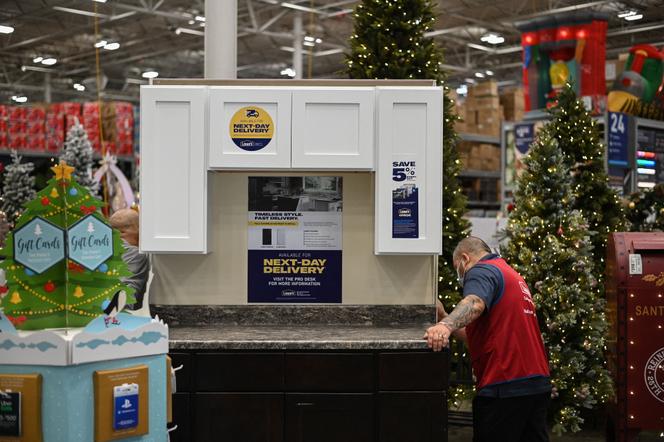


President Donald Trump said Thursday, September 25, that he will put import taxes of 100% on pharmaceutical drugs, 50% on kitchen cabinets and bathroom vanities, 30% on upholstered furniture and 25% on heavy trucks starting on October 1.
The posts on his social media site showed that Trump's devotion to tariffs did not end with the trade frameworks and import taxes that were launched in August, a reflection of the president's confidence that taxes will help to reduce the government's budget deficit while increasing domestic manufacturing.
While Trump did not provide a legal justification for the tariffs, he appeared to stretch the bounds of his role as commander-in-chief by stating on Truth Social that the taxes on imported kitchen cabinets and sofas were needed "for National Security and other reasons."
The tariffs are another dose of uncertainty for the US economy with a solid stock market but a weakening outlook for jobs and elevated inflation. These new taxes on imports could pass through to consumers in the form of higher prices and dampen hiring, a process that economic data suggests is already underway.
Trump said on Truth Social that the pharmaceutical tariffs would not apply to companies that are building manufacturing plants in the United States, which he defined as either "breaking ground" or being "under construction." It was unclear how the tariffs would apply to companies that already have factories in the US.
In 2024, America imported nearly $233 billion in pharmaceutical and medicinal products, according to the Census Bureau. The prospect of prices doubling for some medicines could send shock waves to voters as health care expenses, as well as the costs of Medicare and Medicaid, potentially increase.
